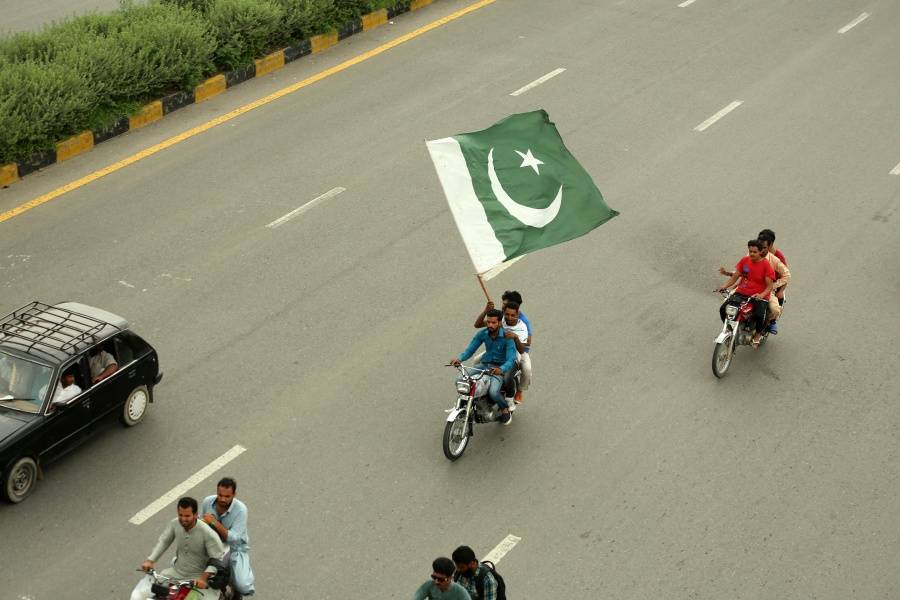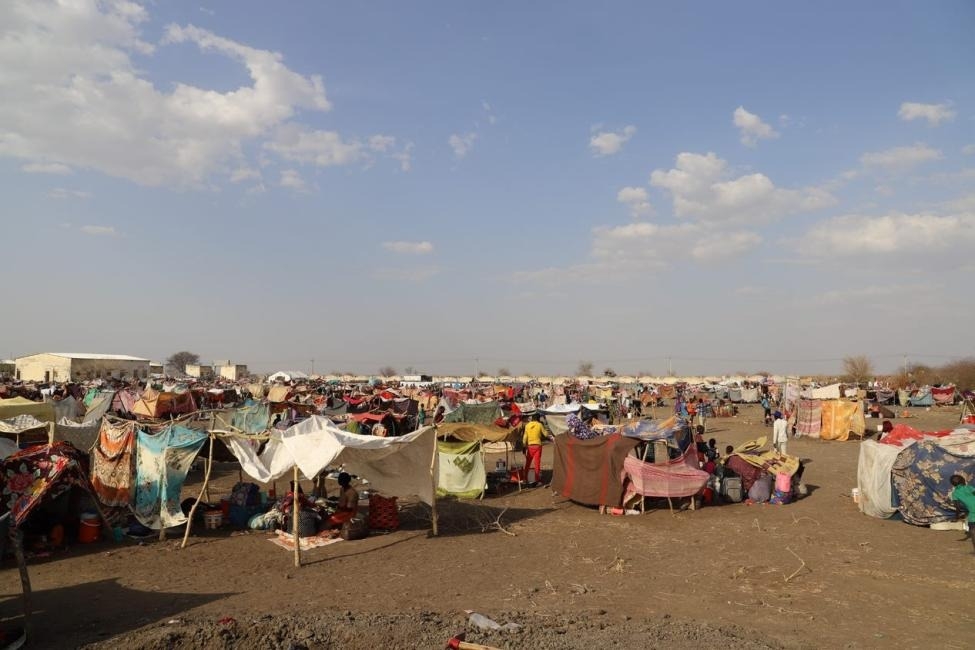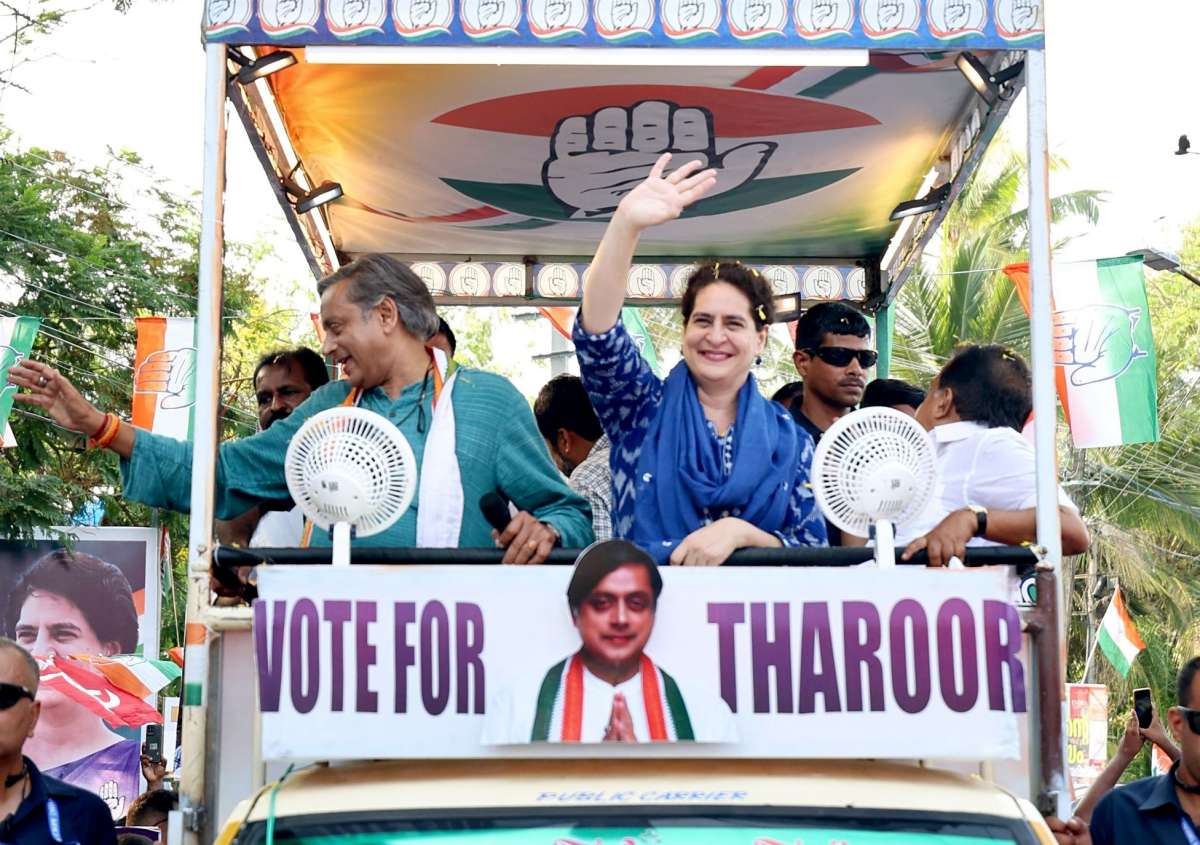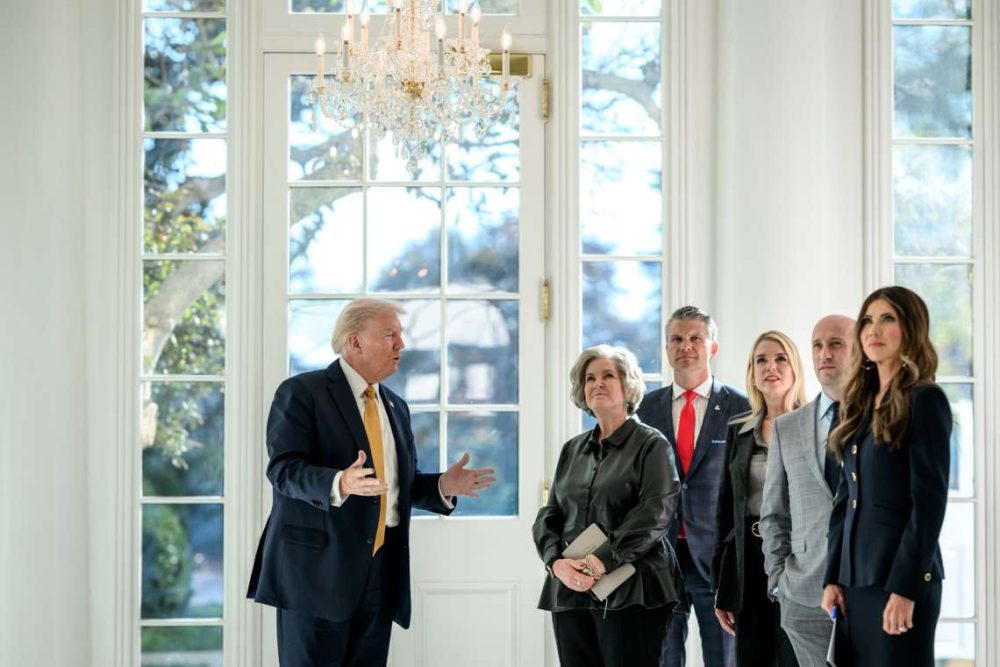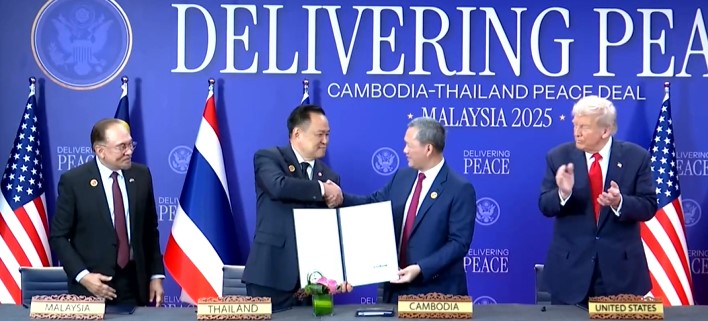Blasphemy accusations in Pakistan have not only ensnared common citizens but have also claimed the lives of ministers and prominent figures. The brutal murders of Punjab’s Governor SalmaanTaseer and Federal Minister Shahbaz Bhatti in 2011 vividly illustrate the extreme consequences associated with these accusations … writes Dr.Jalis Akhtar Nasiri
Pakistan’s blasphemy laws represent a contentious nexus between religious zealotry, legal stringency, and societal upheaval. Ranked as the World’s second-strictest after Iran, these laws embody a myriad of contradictions and controversies that have garnered international attention and condemnation. In a context where 32 Muslim-majority nations criminalize blasphemy, Pakistan’s stance stands out for its severity, carrying the death penalty but with no executions under these charges. This disparity highlights not just legal incongruities but also the stark realities of accusations and their repercussions in society. The narratives of blasphemy cases, often stemming from trivial disputes or personal vendettas, paint a picture of arbitrary justice and rampant misuse of legal provisions. High-profile cases like Aasia Bibi’s and Rimsha Masih’s have become symbols of the perils faced by those accused, extending to their families and legal defenders. This intertwining of blasphemy with political agendas and religious fervour has fostered a climate of fear, intolerance, and vigilante violence.”
This critical analysis delves into the heart of Pakistan’s blasphemy quagmire, dissecting legal ambiguities, societal ramifications, and the urgent need for reform in a nation grappling with the legacy of its founding principles amidst escalating tensions and human rights concerns. It’s not just the accused individuals who suffer; their families, legal representatives, and even judges involved in these cases face targeted threats and violence. What exacerbates this already dire situation is the underlying power struggle within Pakistan’s religious landscape. The quest to assert oneself as the authentic representative of Sunni Islam has weaponized blasphemy allegations, turning them into potent tools in the realm of politics.
The statistics paint a grim picture: by 2023, over 50 people remained in custody on blasphemy charges, with vigilante mobs taking matters into their own hands. The methods of extrajudicial punishment are barbaric, ranging from public burnings and hangings to gruesome murders on the streets and even within courtrooms. This stark reality sheds light on the systemic flaws and human rights violations that have become alarmingly commonplace in Pakistan’s approach to blasphemy accusations.
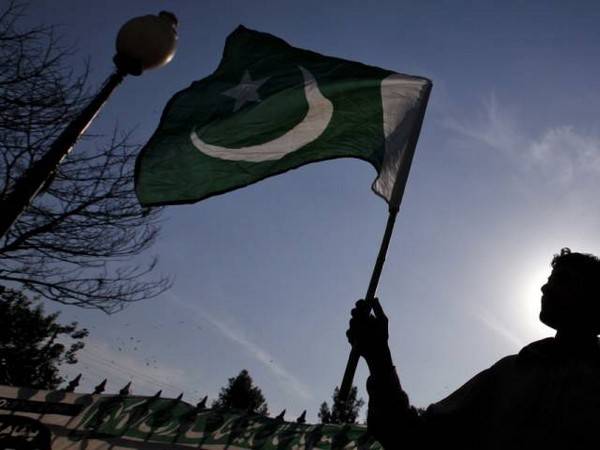
Blasphemy accusations in Pakistan have not only ensnared common citizens but have also claimed the lives of ministers and prominent figures. The brutal murders of Punjab’s Governor SalmaanTaseer and Federal Minister Shahbaz Bhatti in 2011 vividly illustrate the extreme consequences associated with these accusations. Taseer, an advocate for minor revisions to the Blasphemy Ordinance and a supporter of Aasia Bibi, was assassinated by his own bodyguard, Malik Mumtaz Hussain Qadri. Bhatti, similarly targeted for his concerns about blasphemy-related violence, fell victim to unidentified terrorists. These tragic events underscore the lethal impact of blasphemy laws and the volatile climate surrounding them in Pakistan.
Historical Context: Origins and Evolution of Blasphemy Laws
The genesis of Pakistan’s blasphemy laws traces back to the colonial era, specifically to British rule in the Indian subcontinent. Initially introduced in 1860, the blasphemy laws were enshrined in the Indian Penal Code (IPC) as four distinct provisions: IPC 295, 296, 297, and 298. In the landmark 1927 case of Ilm-ud-Din, where a Muslim carpenter murdered Mahashe Rajpal over a perceived insult to Prophet Muhammad (PBUH) in the book “RangilaRasul,” marked a significant turning point. Ilm-ud-Din’s execution for his act set a precedent for the severity with which blasphemy cases would be handled.
Post-independence in 1947, Pakistan retained these laws inherited from British colonial rule. However, it was during General ZiaulHaq’s regime in the 1980s that the blasphemy laws were further fortified with Clauses 295-B and 295-C in the Pakistan Penal Code (PPC). Clause 295-B prescribed life imprisonment for Quran desecration, while Clause 295-C imposed the death penalty or life imprisonment for derogatory remarks against the Prophet (PBUH), accompanied by fines.
Perpetuating Injustice: The Dilemma of Blasphemy Accusations
Despite the historical context, contemporary Pakistan grapples with the repercussions of these stringent blasphemy laws. The cases of Aasia Bibi and RimshaMasih highlight the arbitrary nature of accusations, often stemming from trivial incidents such as water disputes or innocuous actions like sharing a picture on social media. The trials of these individuals, along with countless others, have been marred by violence, threats, and intimidation targeting not only the accused but also their families, legal representatives, and even judiciary members.
The political dimension adds further complexity to blasphemy accusations, with individuals like Taseer and Bhatti becoming casualties of their advocacy for legal reforms and human rights in the face of blasphemy-related violence. This nexus of religion, politics, and law creates a volatile environment where accusations can lead to extrajudicial killings and mob violence, bypassing due process and undermining the rule of law.
Legal Rigidity and Human Rights Concerns
Pakistan’s blasphemy laws, while purportedly aimed at safeguarding religious sentiments, have raised significant human rights concerns. The imposition of severe penalties, including capital punishment, for blasphemy-related offenses has led to widespread abuse and misuse of these laws. The lack of safeguards against false accusations and the absence of due process exacerbate the vulnerabilities faced by individuals accused of blasphemy, often resulting in arbitrary detention and violations of their fundamental rights.
The case of indefinite pre-trial detention, where individuals spend years in jail awaiting trial on blasphemy charges, highlights the systemic flaws and injustices within Pakistan’s legal framework. Despite the Supreme Court occasionally granting bail in such cases, the damage inflicted by prolonged detention and societal stigma is irreparable, reflecting a broader pattern of injustice and discrimination.
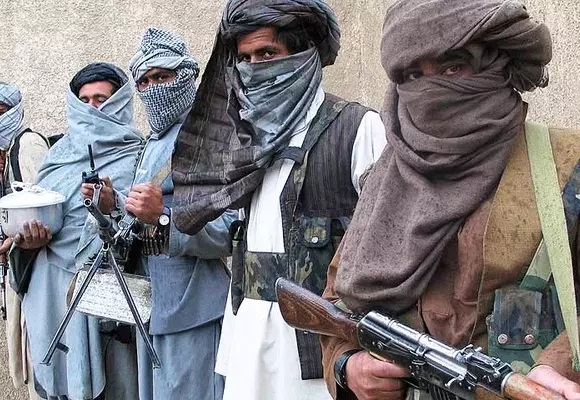
International Scrutiny and Calls for Reform
The international community has closely monitored Pakistan’s blasphemy laws, expressing concerns over human rights violations and the erosion of freedom of expression and belief. Organizations and advocates worldwide have called for reforms to ensure fair and impartial handling of blasphemy cases, with emphasis on protecting the rights of the accused and upholding principles of justice and due process.Efforts to reform blasphemy laws, however, face significant challenges within Pakistan, where religious sensitivities, political interests, and societal pressures converge to resist changes perceived as undermining religious sanctity. The influence of extremist groups and the risk of vigilantism further complicate reform initiatives, creating a formidable barrier to achieving meaningful legal reform in this contentious area.
Towards a Just and Equitable System
Addressing the complexities surrounding blasphemy laws in Pakistan requires a multifaceted approach that balances respect for religious beliefs with the protection of individual rights and freedoms. Key stakeholders, including government authorities, legal experts, civil society, and religious leaders, must engage in constructive dialogue to explore avenues for reform that uphold the rule of law, ensure due process, and prevent abuse of blasphemy laws for personal or political agendas.
Educational initiatives promoting tolerance, understanding, and respect for diverse beliefs can help mitigate the prevalence of blasphemy accusations rooted in ignorance or prejudice. Strengthening legal safeguards, including robust mechanisms for investigating accusations and protecting the rights of the accused, is imperative to prevent miscarriages of justice and uphold the principles of fairness and equity.
Conclusion: A Call for Reflection and Action
The discourse surrounding blasphemy laws in Pakistan is emblematic of broader societal challenges related to religious tolerance, rule of law, and human rights. The tragic consequences of these laws, as seen in cases of violence, injustice, and loss of life, underscore the urgent need for meaningful reform and introspection within Pakistani society.
As Pakistan navigates the complexities of its legal and religious setting, it must strive towards a system that upholds the fundamental rights and dignity of all individuals, regardless of their beliefs or backgrounds. Only through a concerted effort to promote justice, fairness, and inclusivity can Pakistan pave the way towards a more just and equitable society for its citizens and contribute positively to the global discourse on religious freedom and human rights.
(Dr.Jalis Akhtar Nasiri is an eminent scholar and journalist who contributes articles on significant humanitarian issues)


